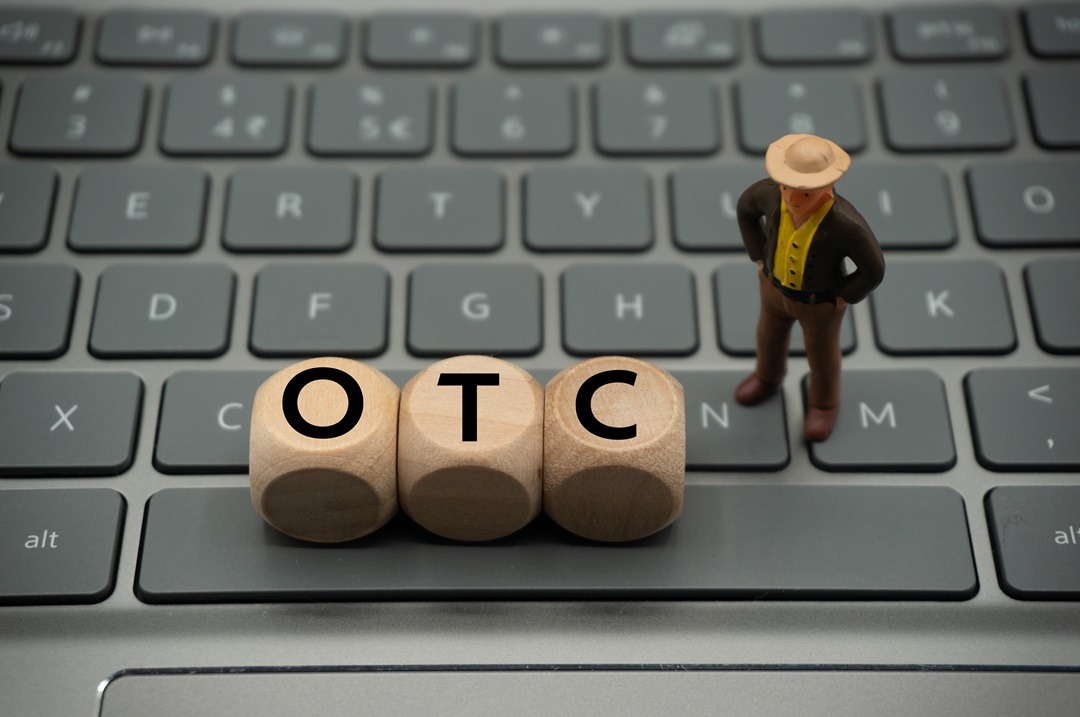How to Open a Forex Corporate Account (Detailed Guide)12 min read
Reading Time: 5 minutesOpening a Forex corporate account is a smart move if you’re thinking of getting your business involved in Forex trading. In this post, I’ll break down the process step by step so you know what to expect. Let’s get started!
What is a Forex Corporate Account?
A Forex corporate account allows a business to trade currencies like the US dollar, euro, pound, and more on the global Forex market.
Basically, it works just like a personal trading account but is registered under your company’s name and tax ID number. Many businesses use them to help manage international payments and take advantage of opportunities in the 24/7 Forex market.
Forex Corporate Account Sign Up
The first step is choosing a Forex broker to open your account. I’d recommend going with a large, reputable broker like The Guardian Bank that has experience working with corporations.
You’ll need to fill out an application providing basic company details. Expect to submit documents like articles of incorporation, tax IDs, and IDs for authorized traders. Processing can take 1-2 weeks.
How to Fund Your Forex Account?
Once approved, you’ll need to make a minimum deposit to start Forex trading – usually $5,000-$10,000 depending on the broker. Most allow wire transfers straight from your business bank account, which is the easiest option. Just be sure your bank account allows OTC trading since Forex is an over-the-counter (OTC) market.

Can You Trade Forex as a Company?
Yes, as long as Forex trading aligns with your company’s objectives. Many businesses use corporate Forex accounts for hedging currency risk on international invoices, making speculative trades, or even trading as part of broader Forex market analysis. Just be aware of any regulations – for example, if you’re a regulated financial firm, you may have stricter rules to follow.
How Do I Open an Investor Account in Forex?
Opening an investor account is very similar to a corporate one. The main differences are it allows you to trade on behalf of clients and you’ll need credentials like a Series 3 license to demonstrate your trading abilities.
A broker like The Guardian Bank can guide you through the application, which involves more in-depth documentation and testing. This type of account opens doors for how to invest in Forex professionally.
Business Bank Account for Forex Trading
Now that your corporate Forex account is set up, make sure your business bank account works seamlessly with your broker. The Guardian Bank for example offers multi-currency bank accounts that integrate directly.
This streamlines international payments for deposits, withdrawals and protects profits from volatility. Automate routine tasks through their API too. The seamless link up saves you loads of time versus manual bank wire transfers.

What is a Corporate Trading Account?
A corporate trading account (CTA) is simply a special type of brokerage account designed specifically for businesses rather than individuals.
As well as the features mentioned above, they usually offer higher leverage limits, advanced order types, and integrated treasury management tools ideal for medium-large corporations actively involved in Forex trading. You can use one through a bank or dedicated Forex broker.
How to Open a Forex Corporate Account in the USA?
Open a Forex corporate account in the US follows a similar application process as other countries. You’ll need to:
- Choose a reputable US-regulated broker like The Guardian Bank that accepts corporations.
- Complete the broker’s application providing company ID docs and KYC info.
- Fund your new account with a wire transfer from your business checking account. Most require $5,000 minimum.
- Designate authorized traders with credentials to transact on behalf of your company.
- Start Forex trading in business! Make sure to comply with all IRS reporting for any profits/losses.
- So in summary – find a broker, submit paperwork, fund and start trading as a legal US entity. The Guardian Bank walks you through it all easily.
What is the Best Account Type for Forex?
There’s no single “best” account, it depends on your specific company goals and experience level. For beginners, a basic ECN or STP Forex account through The Guardian Bank is a simple way to dip your toes in the water.
As you advance, ECN accounts with low spreads pair well with more active medium-frequency trading strategies. High-frequency or algorithmic traders benefit most from low-latency prime brokerage and liquidity provider accounts.
How Do I Get a Professional Forex Corporate Account?
For serious institutional investors or fund managers, obtaining a professional Forex corporate account involves rigorous screening. In addition to substantive funding requirements (usually $500k+ minimum), you’ll need extensive experience Forex trading, valid credentials, and demonstrable past performance results.
Top brokers consider your company’s strategies, size, sophistication and regulatory compliance before approval. Professional accounts offer additional features like prime brokerage services ideally suited for high-volume trading.
Are Managed Forex Accounts Safe?
Managed accounts, also called funds or pools, allow investors to grant full trading control to a professional money manager while spreading risks across many accounts. Safety depends largely on choosing a reputable, experienced manager with a proven long-term track record preferably through bear markets too.
Investors also need robust risk controls, transparency into strategies used, and regulated oversight of the manager. The Guardian Bank, for example, provides institutional-grade due diligence and monitoring of its select partner funds for additional peace of mind.
Overall, managed accounts are generally as safe as actively managed when done correctly but not without risks as with any trading. Do thorough vetting to feel confident.
What Type of Account is a Foreign Exchange Account?
A foreign exchange (Forex) account is a brokerage account that allows trading of currencies. The main types available are:
- Personal Forex account – For individual traders
- Corporate Forex account – As outlined above, for businesses
- Demo Forex account – Risk-free practice accounts
- ECN Forex account – Superior prices direct from liquidity providers
- STP Forex account – Slightly wider spreads; prices from just one liquidity source
- Prime brokerage account – Sophisticated services for large institutional traders
- Signal provider account – For automatically copying approved analysts’ trades
No matter the type, all Forex accounts operate through regulated brokers to access tradable currency pairs across global Forex markets.
What is the Difference Between a Forex Broker and a Forex Trader?
A Forex broker is the intermediary that provides the Forex trading platform and executes client trades on the interbank market. Their main responsibilities are to facilitate access and processing trades seamlessly according to regulatory guidelines.
On the other hand, a Forex trader is the individual or institution doing the actual speculation or hedging by buying and selling currencies through a Forex brokerage account.
Their goal is profitable trading through market analysis, strategy implementation, risk management, and interpretation of economic reports/events.
In summary – Forex brokers supply the infrastructure while Forex traders utilize brokers’ platforms to actively manage positions and profit from Forex price movements according to their own discretion and trading style. Both roles are important for a functioning Forex ecosystem.



